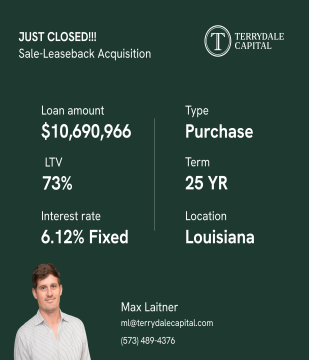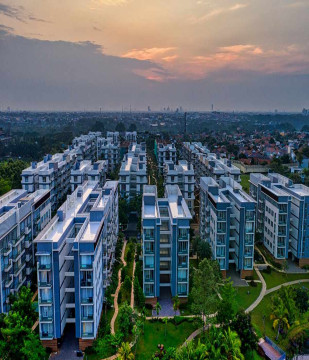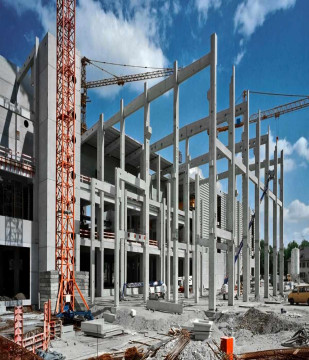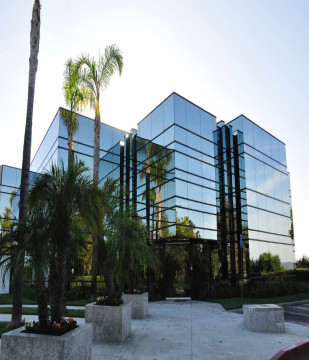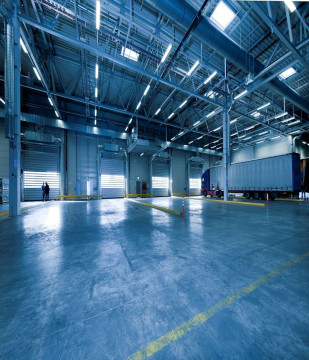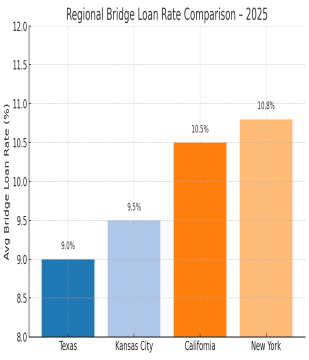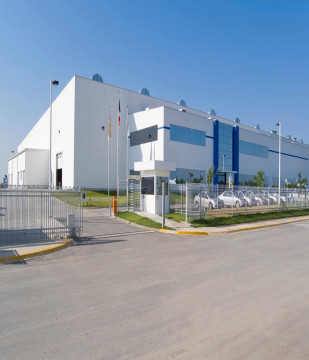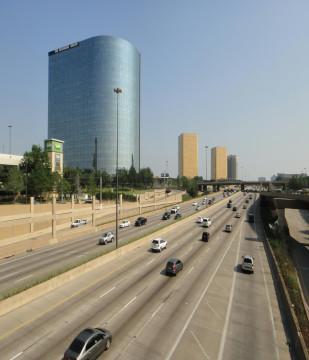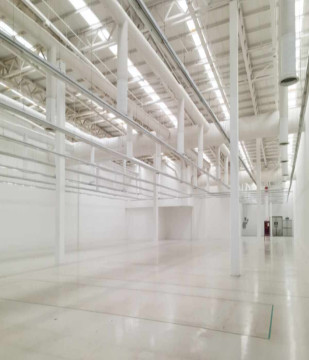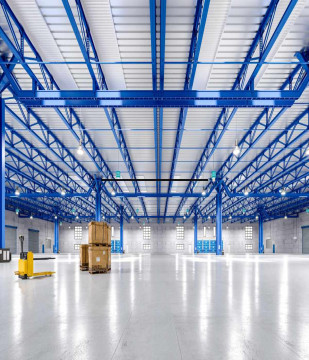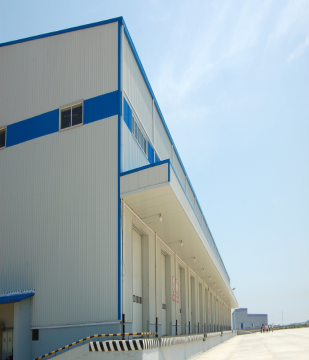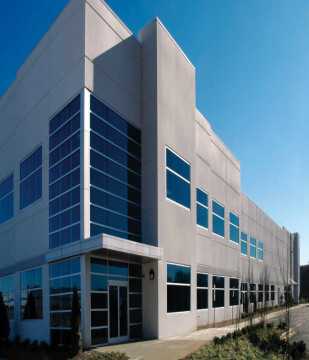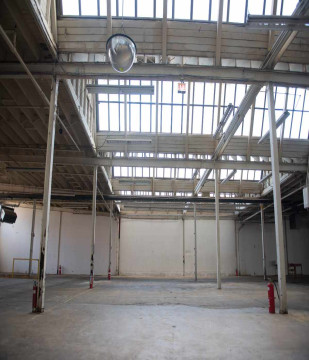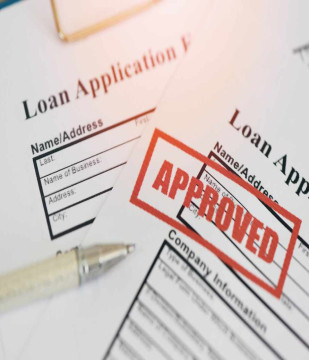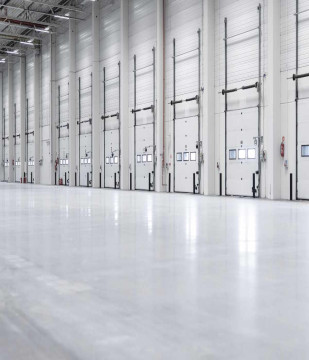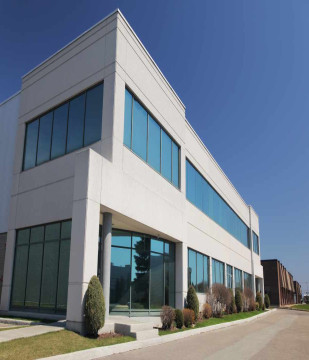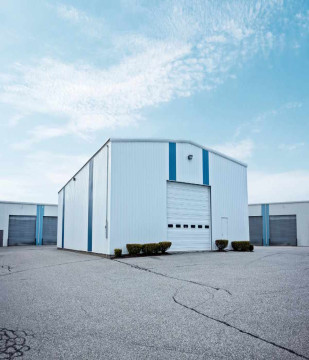Understanding Lease Up In Commercial Real Estate

Terrydale Capital
Mar 28, 2024 6 Min read
 Learn
Learn
Introduction
In the realm of commercial real estate, the term "lease-up" holds significant importance for both investors and property owners. Lease-up refers to the process of securing tenants for newly constructed or existing commercial properties. This blog aims to delve into what lease-up entails, its implications, and the impact it has on commercial real estate investors and owners.
What is Lease-Up?
Lease-up, in simple terms, is the act of filling vacancies and achieving maximum occupancy in a commercial property. It encompasses the marketing, advertising, and negotiation efforts undertaken to attract and secure suitable tenants. Whether it's an office building, a shopping center, or an industrial park, lease-up is crucial for generating rental income and ensuring the financial success of a commercial property.
The Lease-Up Process
- Pre-Lease-Up Phase: Prior to launching the lease-up process, commercial property owners or developers typically engage in extensive market research. This involves analyzing local demographics, evaluating market demand, and assessing the competitive landscape. Understanding the target audience and market conditions helps shape the property's value proposition and positioning.
- Marketing and Advertising: The lease-up process involves strategic marketing and advertising initiatives to attract potential tenants. These efforts may include creating a property website, distributing promotional materials, leveraging online listings and social media platforms, and collaborating with commercial real estate brokers to widen the reach.
- Tenant Prospecting and Negotiation: Prospective tenants expressing interest are screened, their requirements are evaluated, and negotiations are initiated. Property owners or leasing agents conduct property tours, highlighting the property's unique features and addressing tenant concerns. Negotiations involve discussing lease terms, rental rates, lease duration, and any special provisions or concessions.
- Lease Execution and Tenant Move-In: Once all parties agree on the lease terms, a lease agreement is prepared, reviewed, and signed. After the necessary documentation and due diligence are completed, tenants are provided with access to the premises and begin the process of occupying the commercial space.
Impact on Commercial Real Estate Investors and Owners
- Income Generation: Lease-up is vital for generating rental income from commercial properties. Achieving maximum occupancy ensures a steady cash flow, which is crucial for meeting operational expenses, mortgage payments, and achieving a return on investment.
- Property Valuation: The success of lease-up directly impacts the valuation of a commercial property. Higher occupancy rates and strong lease terms contribute to an increased property value, making it an attractive asset for potential investors or buyers in the future.
- Mitigating Financial Risk: A vacant commercial property represents a financial risk for investors and owners. Lease-up reduces this risk by filling vacancies and minimizing potential revenue loss. A fully occupied property provides stability and mitigates the negative effects of prolonged vacancies.
- Reputation and Tenant Retention: Successful lease-up not only attracts new tenants but also enhances the property's reputation. Satisfied tenants are more likely to renew their leases, leading to improved tenant retention rates. Positive tenant experiences contribute to a property's long-term success and can result in positive word-of-mouth referrals.
- Market Competitiveness: Lease-up plays a crucial role in establishing a property's competitiveness within the market. A well-executed lease-up strategy that aligns with market demands can position a property as a desirable choice for businesses seeking commercial space, giving it a competitive advantage over similar properties in the area.
Conclusion
Lease-up is a critical process in commercial real estate that involves filling vacancies, maximizing occupancy rates, and attracting suitable tenants. Successful lease-up generates steady rental income, enhances property valuation, mitigates financial risks, and contributes to a positive reputation and tenant retention. By understanding the importance and impact of lease-up, commercial real estate investors and owners can strategize and execute effective leasing initiatives to achieve their investment objectives.
Partner With Terrydale Capital for Your Debt Financing Needs
When it comes to debt financing, understanding the right timing, process, and options is crucial. At Terrydale Capital, we provide a comprehensive range of commercial loan solutions tailored to meet your business's unique needs.














